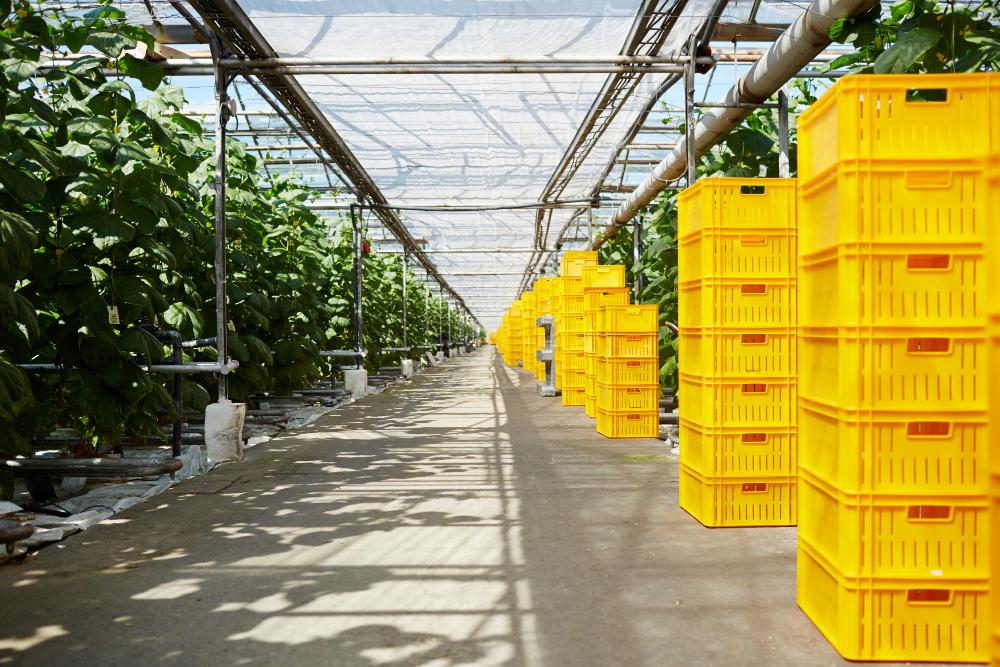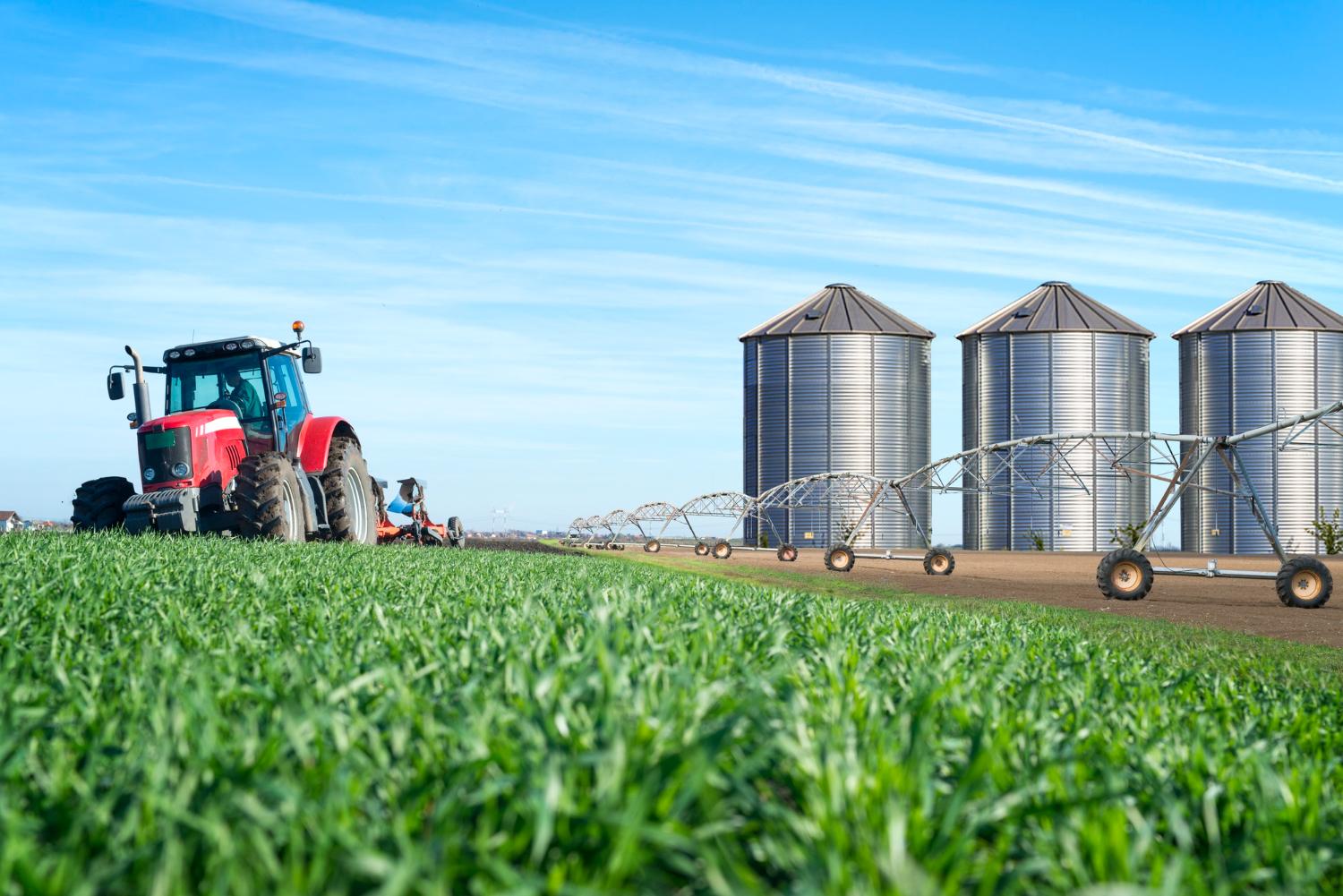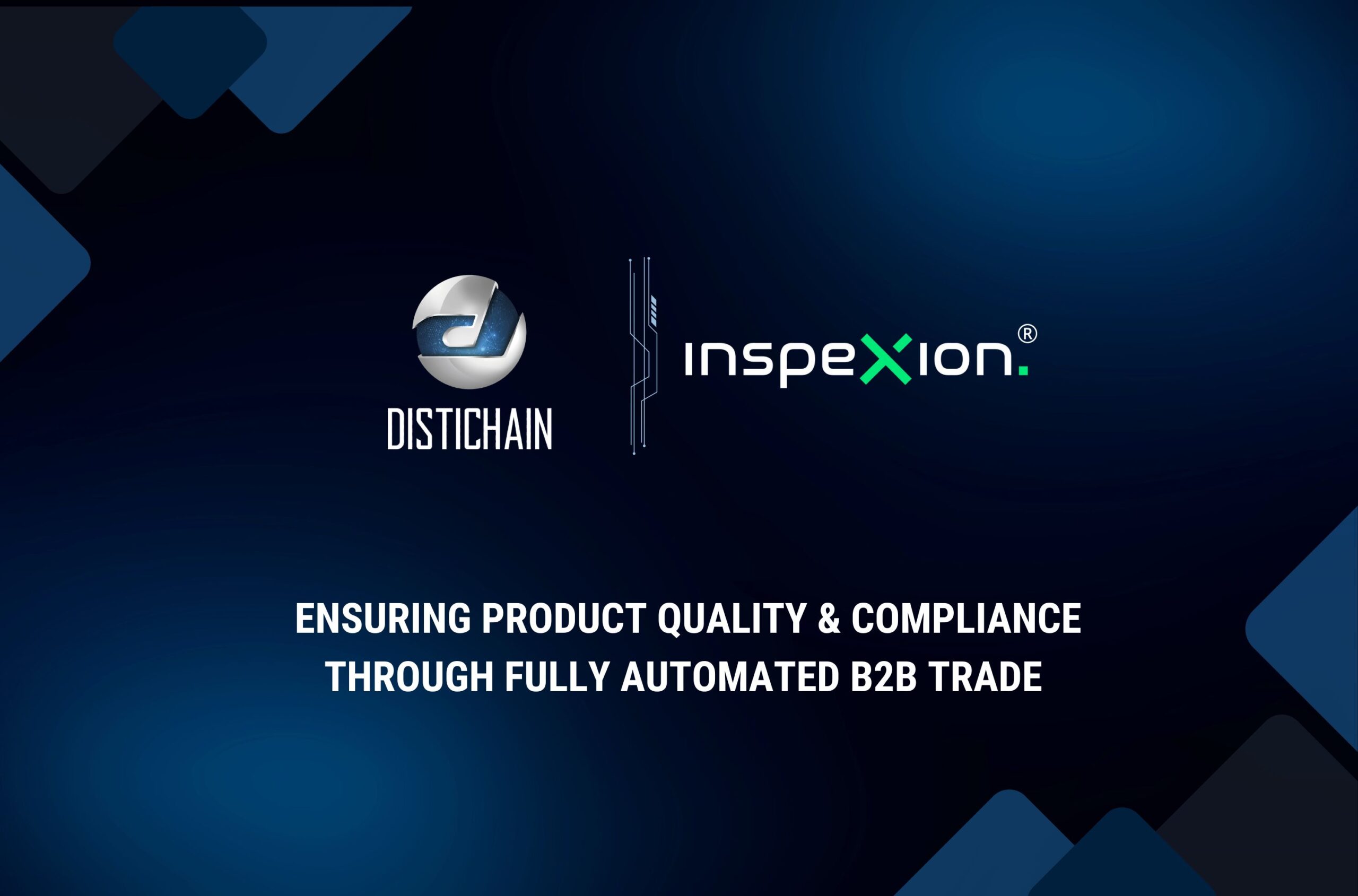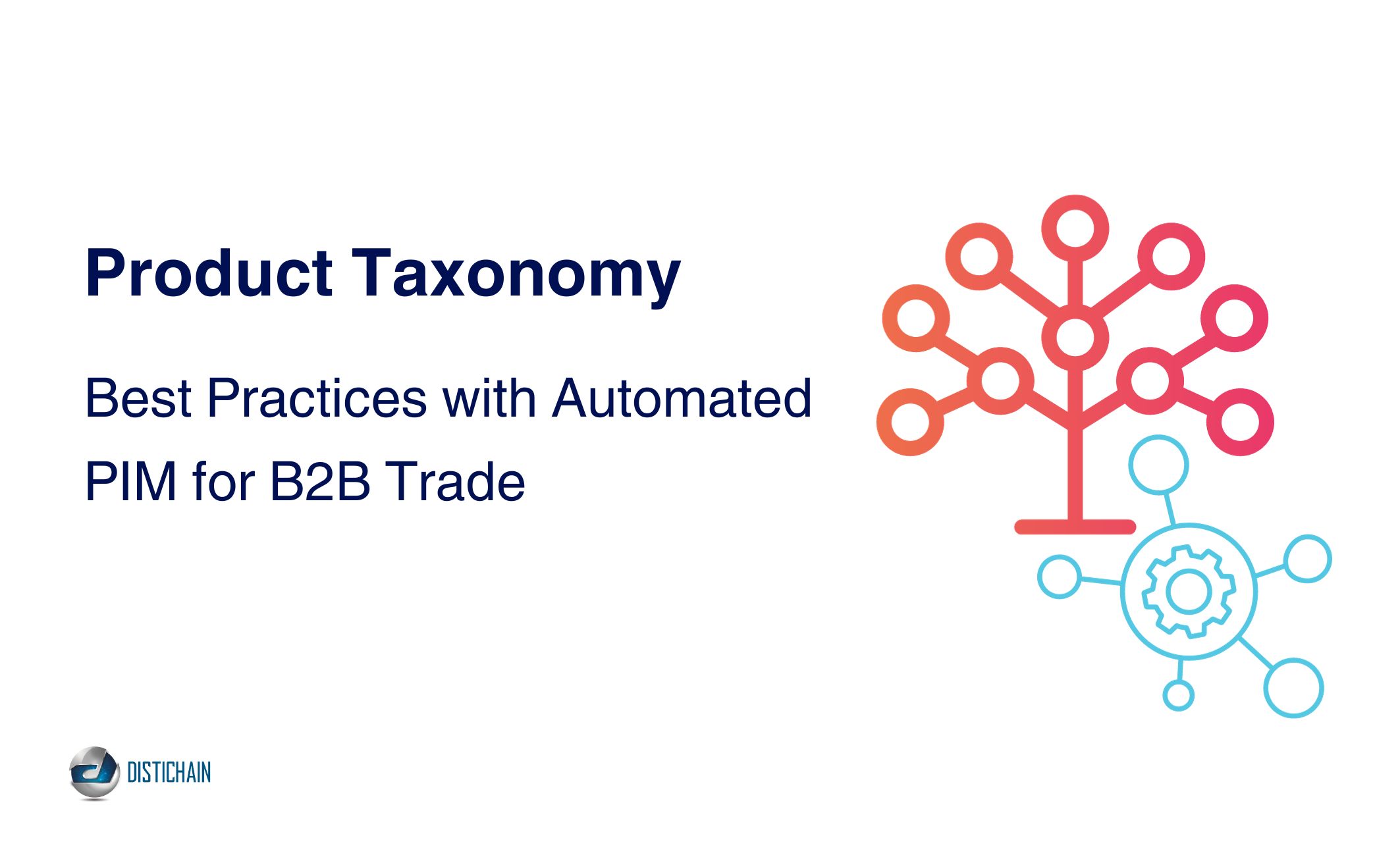In the intricate world of agriculture trading, understanding the challenges and opportunities is essential for success. This ever-evolving landscape holds the potential for great rewards as well as pitfalls.
As a part of our series dissecting trading across different industries, dive into our analysis to gain valuable insights and stay ahead in the market.
Navigating Agriculture Trading
Agriculture trading encompasses buying and selling various agricultural commodities like grains, livestock, and dairy. It is a thriving industry – over the last two decades (from 2001 to 2019), agriculture trade reached almost 7% (in real terms) per year.
Trade in this industry is crucial in reducing food insecurity and supporting agriculture. To succeed in agriculture trading, being well-versed in the challenges and opportunities is vital. It’s these very obstacles and potentials that can make or break your trading strategy.
Challenges in Agriculture Import-Export Business

Growth and success rely on a business’s ability to anticipate and overcome challenges. Here are a few of the most common ones in agriculture trading:
Trade Barriers and Quality Control
In the import-export business, trade barriers and quality control regulations can complicate operations. Traversing the regulations and adhering to international standards requires vigilance, expertise, and adaptability.
Moreover, maintaining compliance with safety regulations is vital in agriculture. Failure to do so can decrease consumer confidence and lead to severe financial consequences.
Market Competition, Political and Economic Instability
A highly competitive global market and political and economic instability demand a sharp eye. Stay ahead by understanding market dynamics, closely monitoring global events, and developing contingency plans to better prepare for unforeseen disruptions.
Looking ahead is increasingly difficult as the political landscape is more volatile than ever. In recent years we have witnessed tensions in the export market as a result of the Ukraine crisis. However, no physical shortages are expected with the demand for wheat in the global south. Make sure to read into case studies during times like these for better understanding and planning.
Transportation, Logistics, and Supply Chain Management
Transporting agricultural commodities and managing supply chains efficiently are essential for successful agriculture trading. It’s crucial to balance reliable transportation partners and optimized shipping routes while identifying and addressing bottlenecks in the supply chain to improve resilience and streamline operations.
Additionally, advancements in logistics technology, such as real-time tracking and route optimization, can further enhance transportation and supply chain management.
Financial Factors: Tariffs, Taxes, and Currency Exchange Rates
Tariffs, import/export taxes, and currency fluctuations can significantly impact profit margins and create uncertainty in the import-export business. Keeping abreast of tax changes, implementing risk management strategies, and leveraging financial instruments are crucial to successful agriculture trading.
For example, businesses can use forward contracts to lock in exchange rates and hedge against currency risk or utilize letters of credit to minimize payment risk and ensure timely transactions in the face of tariffs and taxes.
Environmental Concerns, Sustainability, and Ethical Practices
Sustainability and climate change are growing concerns in agriculture, with consumers increasingly demanding responsibly produced goods. Businesses must proactively address these concerns by adopting environmentally responsible practices. These practices include reducing water consumption, minimizing waste, using energy-efficient technologies, and implementing sustainable farming methods like crop rotation, organic farming, and more for healthier ecosystems and more resilient agricultural systems.
Ethical practices are also crucial for long-term success. Any business’s agriculture trading system can thrive when ensuring fair labor conditions, promoting animal welfare, and supporting local communities. Demonstrating responsible business practices contributes to a better future and fosters increased consumer trust, brand loyalty, and long-term success.
Opportunities in Agriculture Import-Export Business

With the challenges posed in the industry, there are also vast opportunities for players in the agriculture trading industry:
Expanding Market Access and Diversification
Emerging markets offer significant growth potential for the agriculture import-export business. Identifying and seizing opportunities in these markets can lead to increased revenue and global reach. In addition to expanding market access, a diverse product portfolio can help reduce risk and enhance stability in the agriculture import-export business.
Companies can navigate market fluctuations and capitalize on trends by offering various products to penetrate emerging markets. By focusing on market expansion and diversification, businesses can reinforce their global agriculture trading position.
Government Incentives and Sustainable Practices
Agriculture import-export businesses can gain a competitive edge by leveraging government incentives and embracing sustainable practices. Benefiting from financial resources and assistance through government programs fosters business growth.
At the same time, adopting sustainable and ethical practices boosts reputation, trust, and brand loyalty among consumers. By focusing on responsible business practices and tapping into available resources, businesses can secure a strong market position and enjoy long-term success.
Strategic Partnerships and Niche Markets
Exploiting strategic partnerships and niche markets can be a game-changer. Companies can stand out and expand their market presence by forming strategic alliances with like-minded businesses. Simultaneously, targeting niche markets with unique, high-value agricultural products creates profitable opportunities.
Focusing on specialized segments can strengthen a business’s competitive position while enjoying mutual success and growth.
Digital Marketing and Technology Advancements in Agriculture
E-commerce and digital marketing offer powerful tools to reach a wider global audience, allowing businesses to connect with customers and partners worldwide. By embracing digital channels, companies can expand their customer base, increase brand visibility, and drive sales.
In parallel, technological advancements are revolutionizing the agriculture industry, increasing efficiency and productivity in various processes. Implementing innovative technologies, such as precision agriculture, IoT, and AI, can help businesses stay competitive and optimize their operations.
Leveraging digital marketing strategies and cutting-edge technologies is essential for businesses to thrive in today’s dynamic agriculture trading environment.
Prospering Agri Import-Export
Agriculture trading is rife with challenges and opportunities. Companies can successfully navigate this complex landscape by understanding these intricacies and employing strategic approaches. Embracing diversification, leveraging technology, and prioritizing sustainable practices are just a few ways to succeed in this industry.
Don’t miss out on the chance to elevate your agriculture trading game—explore innovative platforms (like a Blockchain-based SaaS platform) to create your own B2B marketplace, connect you to a global network of partners, providing you with the tools and resources needed to stay ahead in this competitive market.
Ready to take your agriculture trading to the next level? Learn how today.












